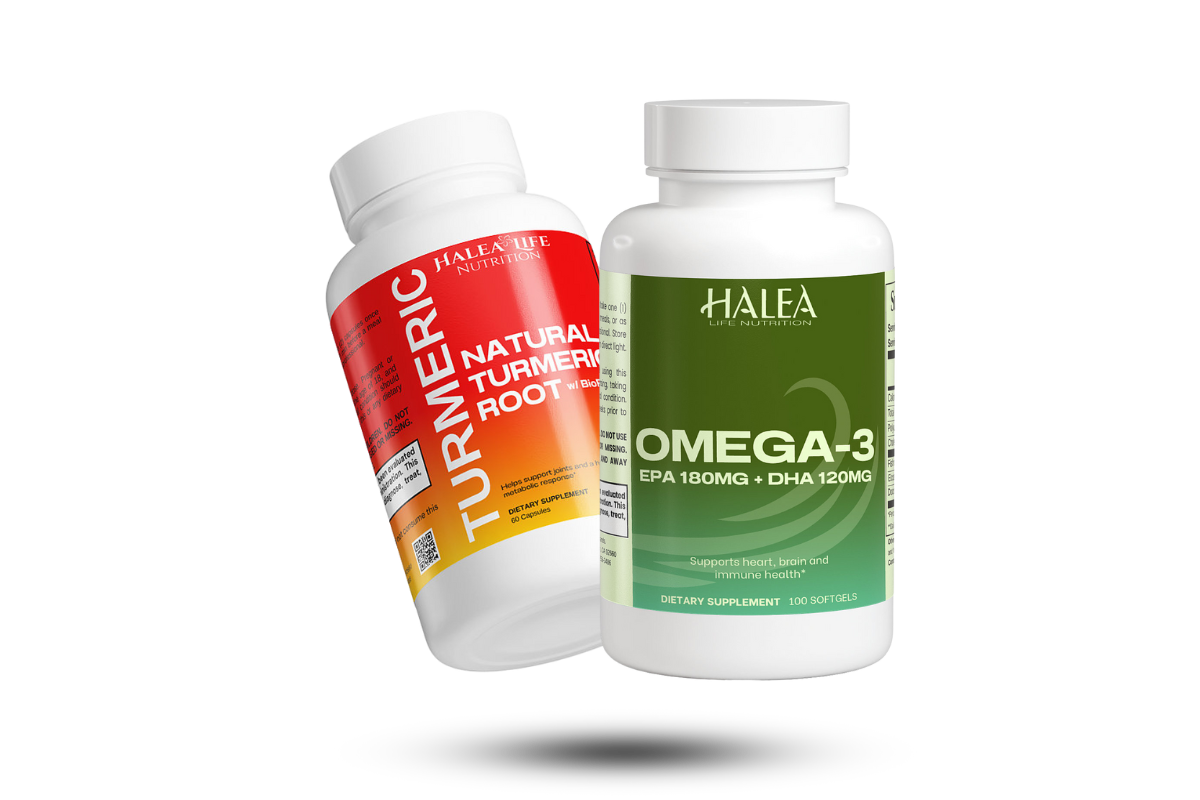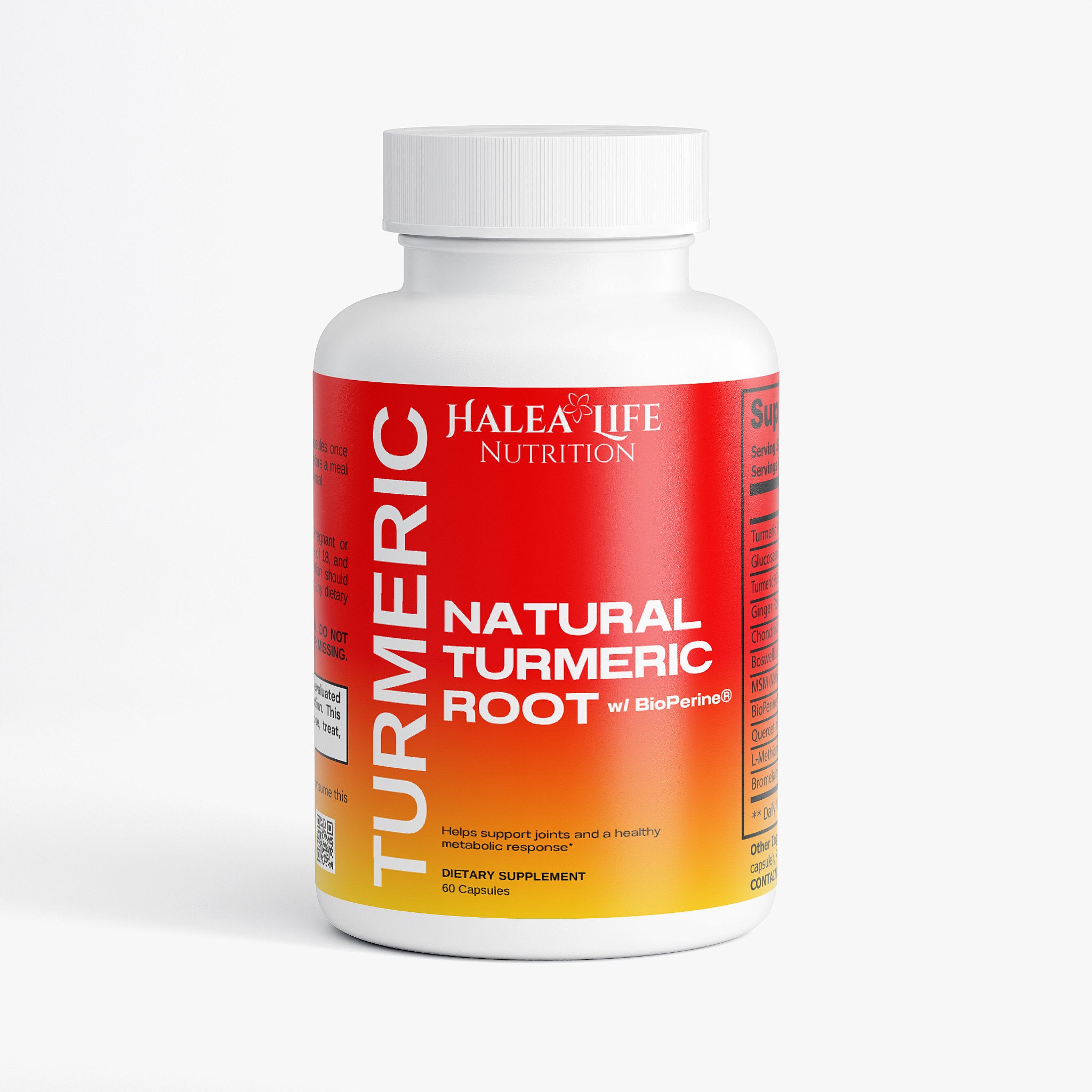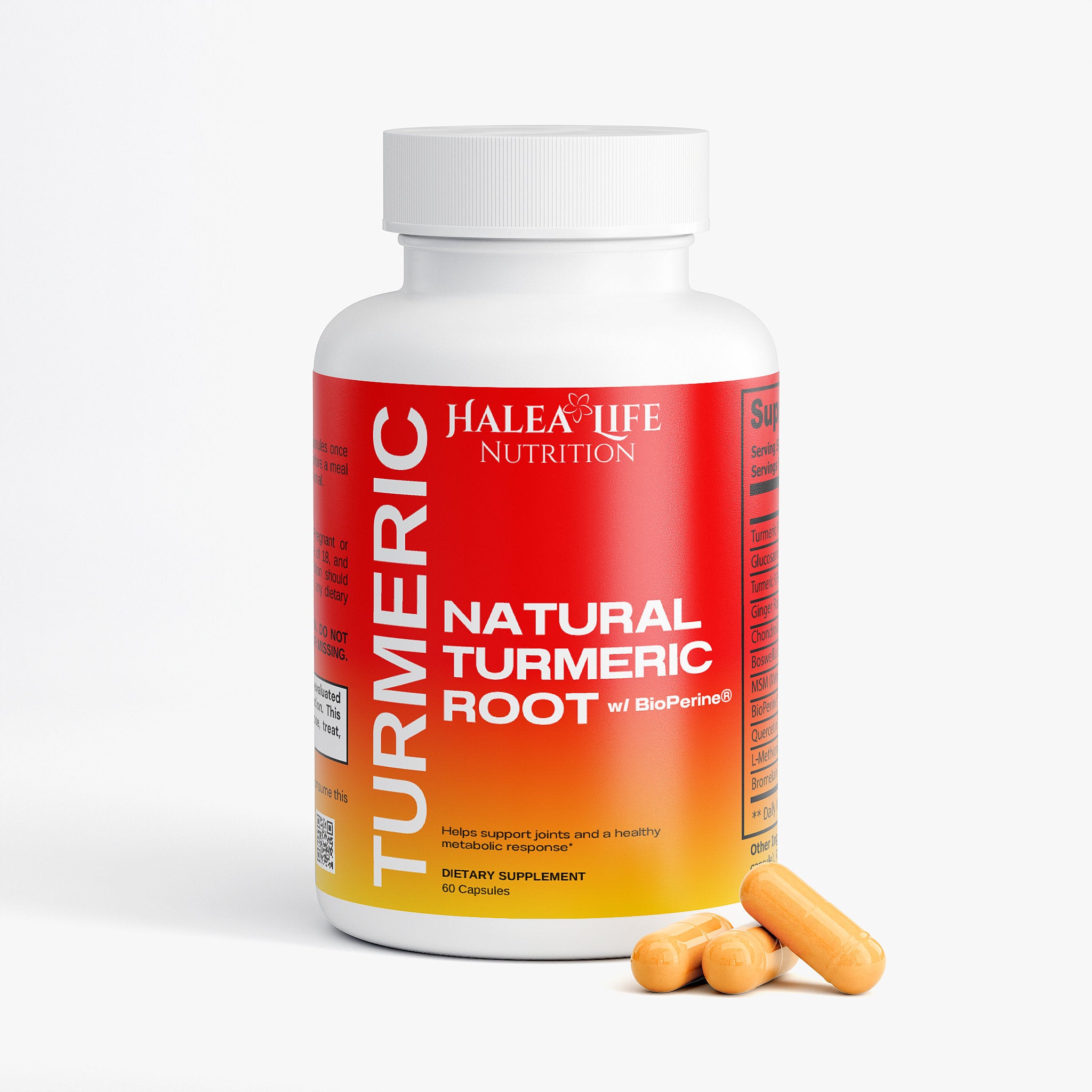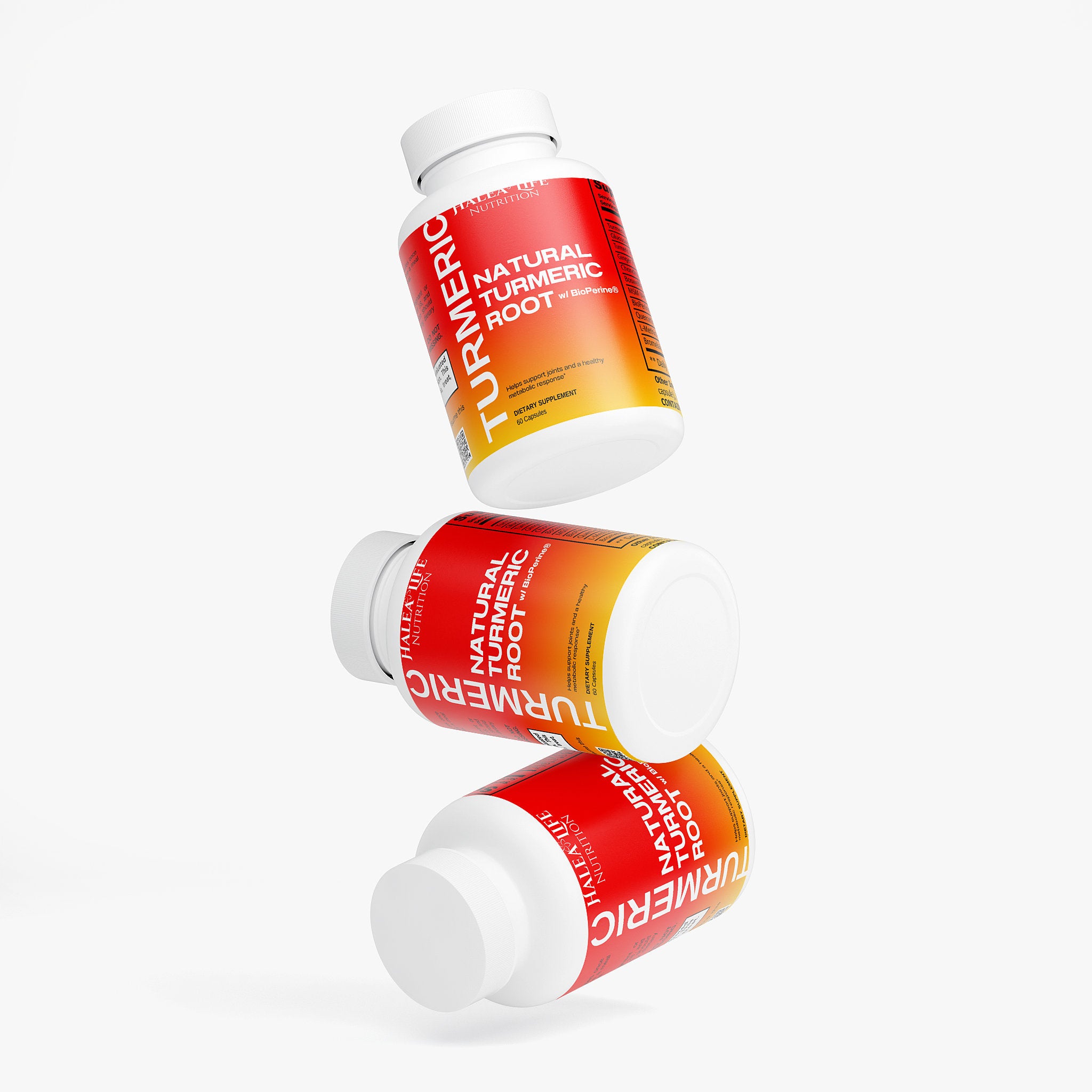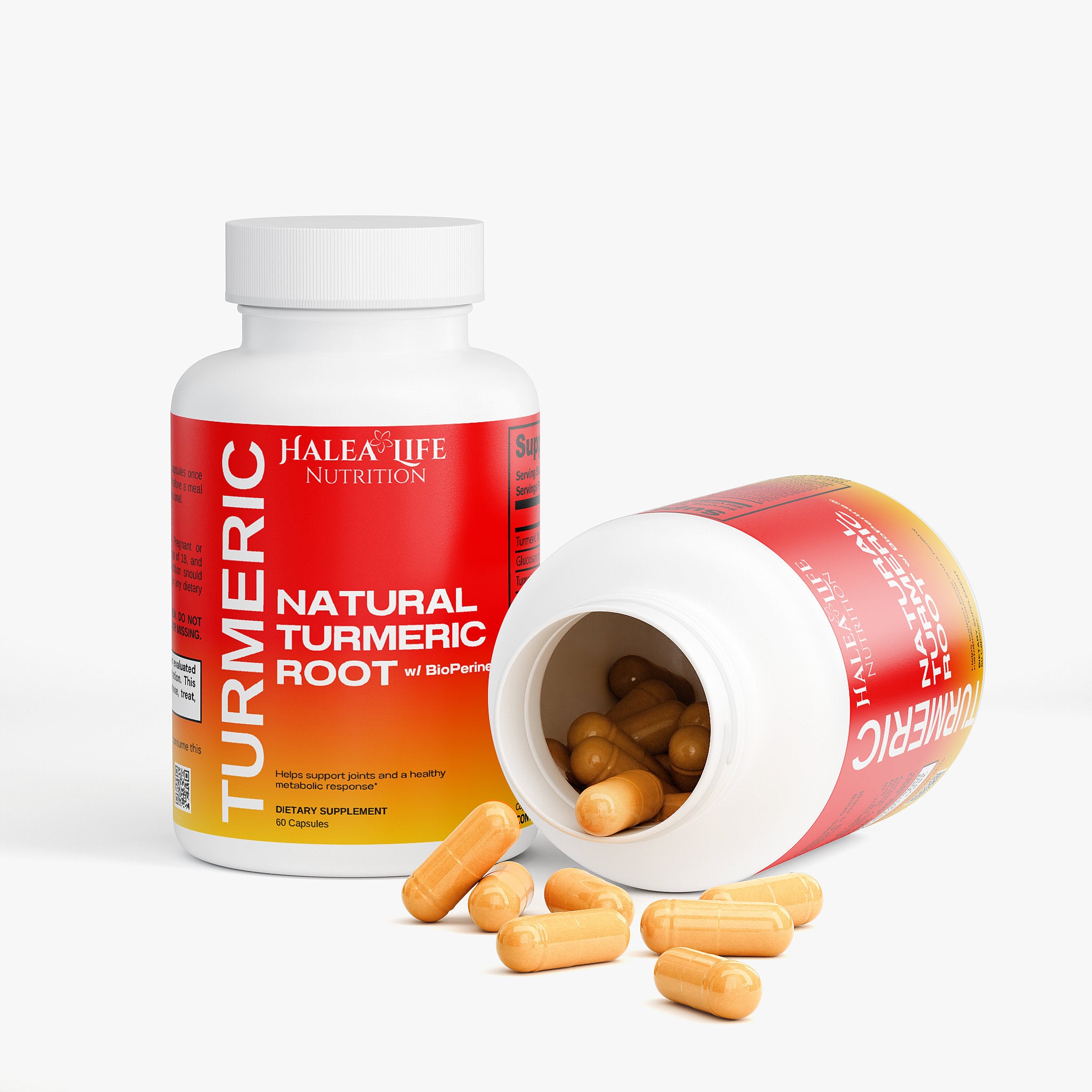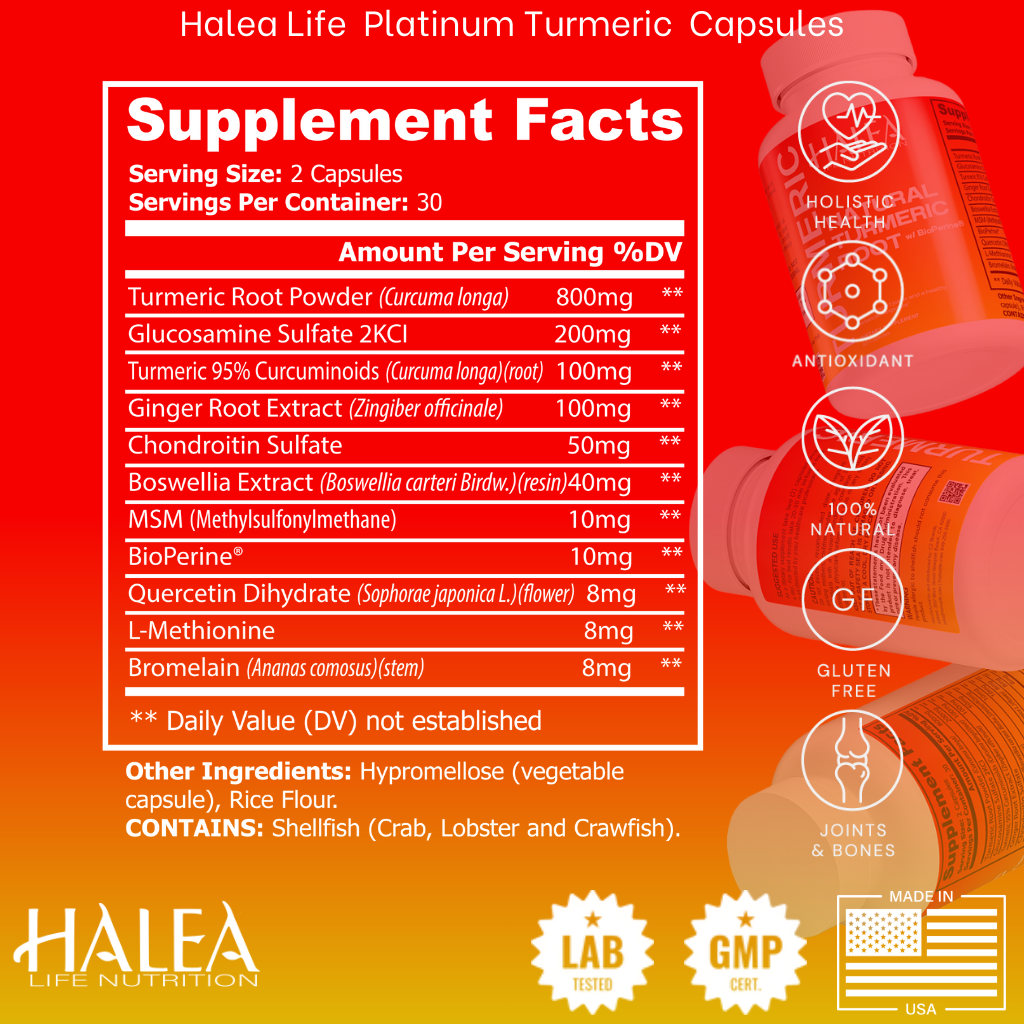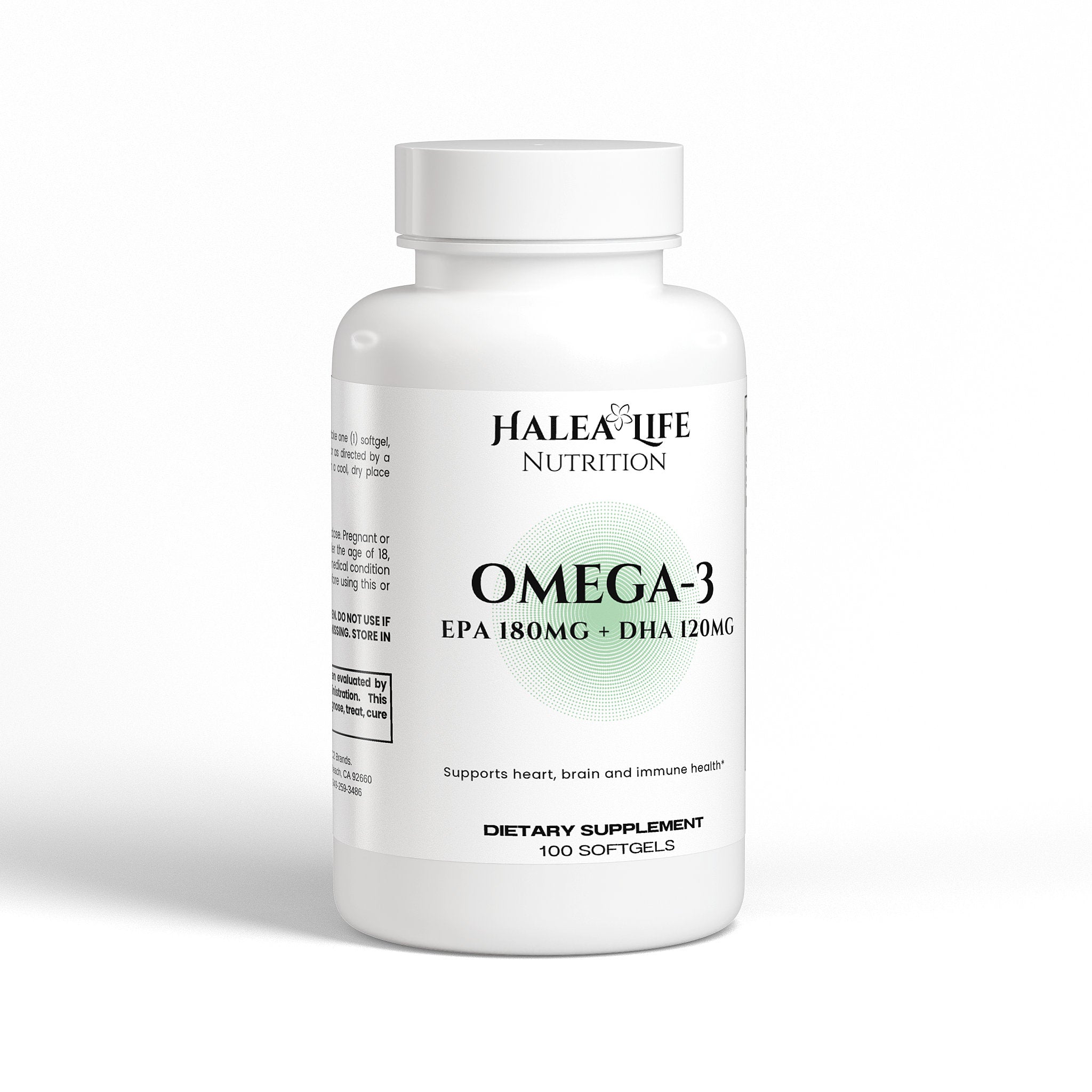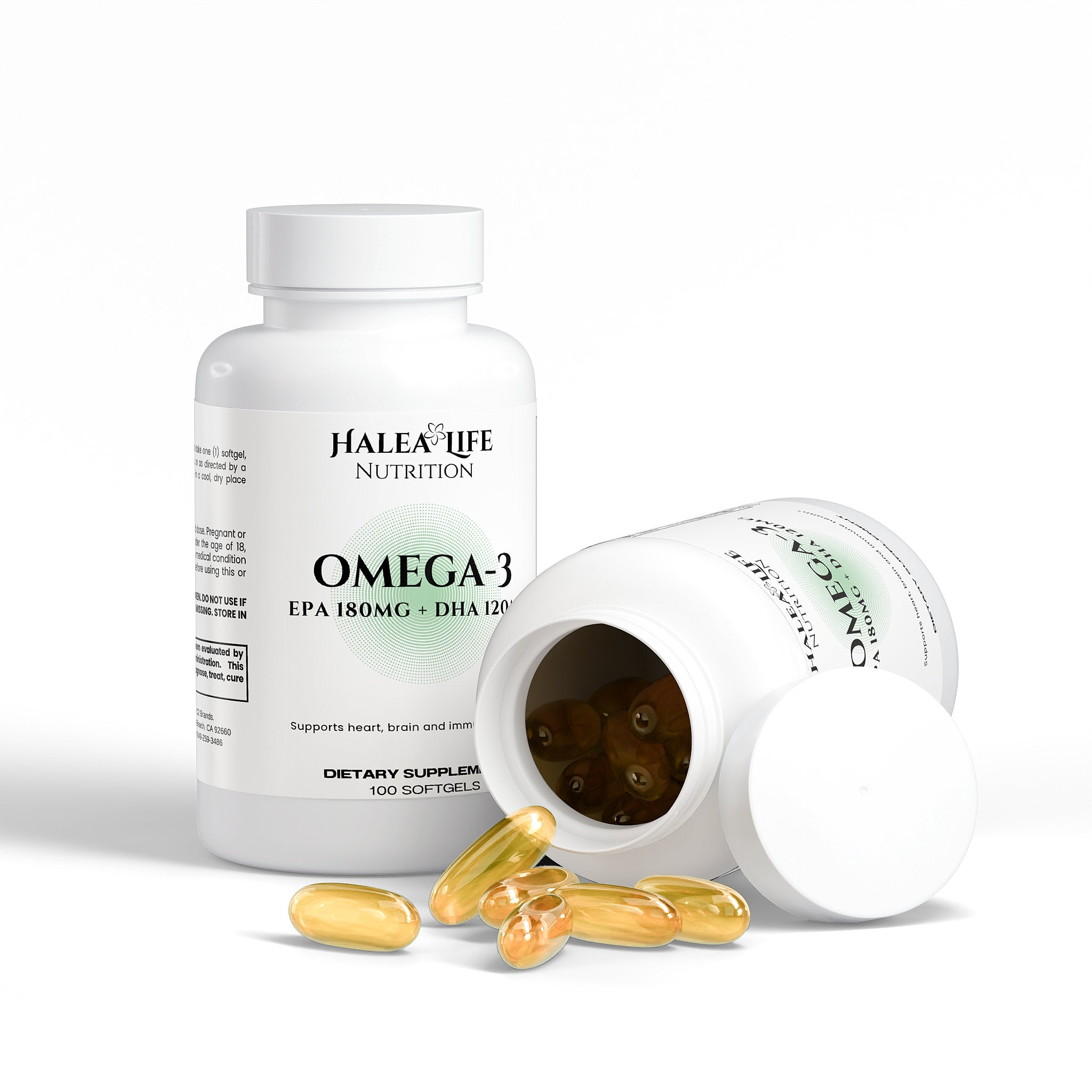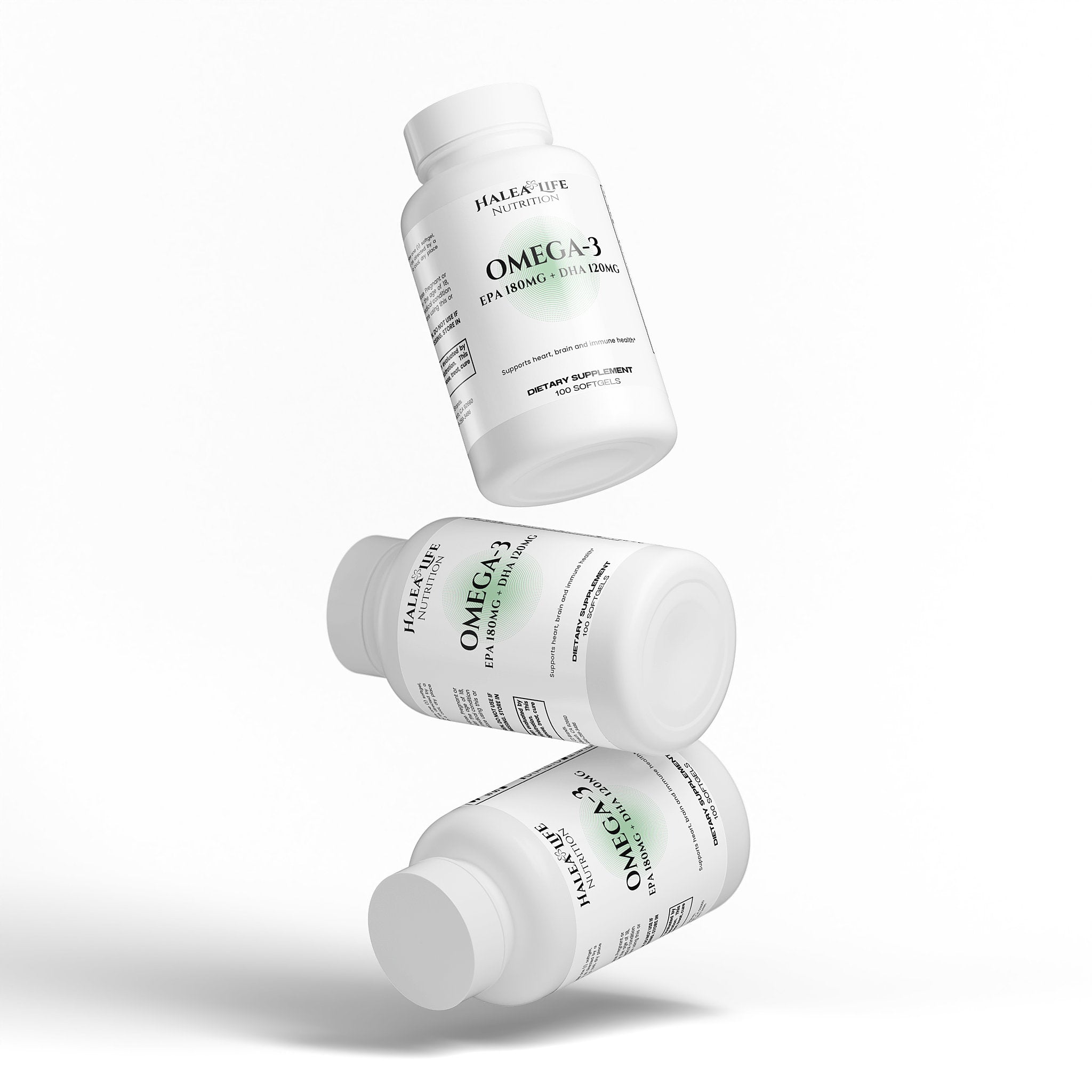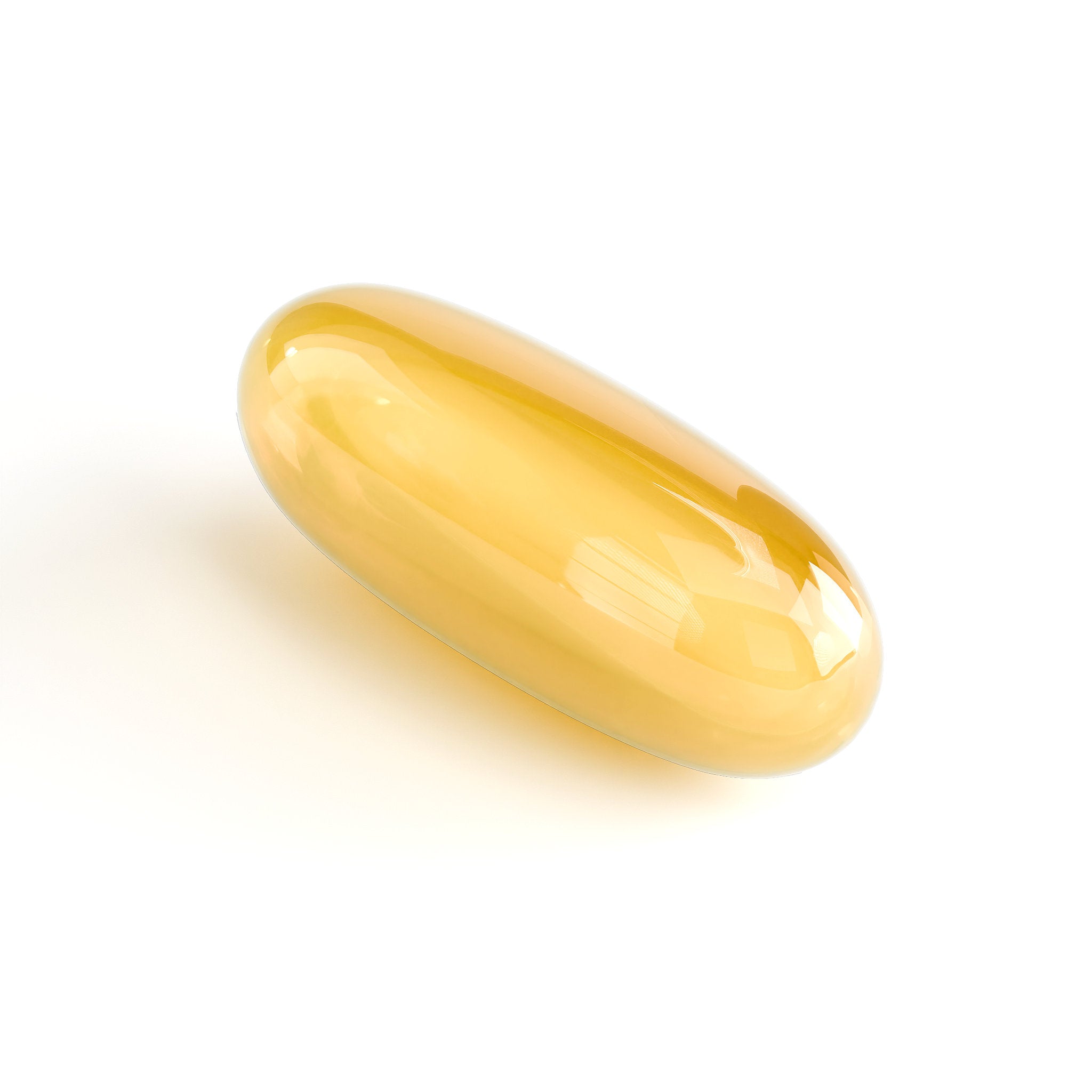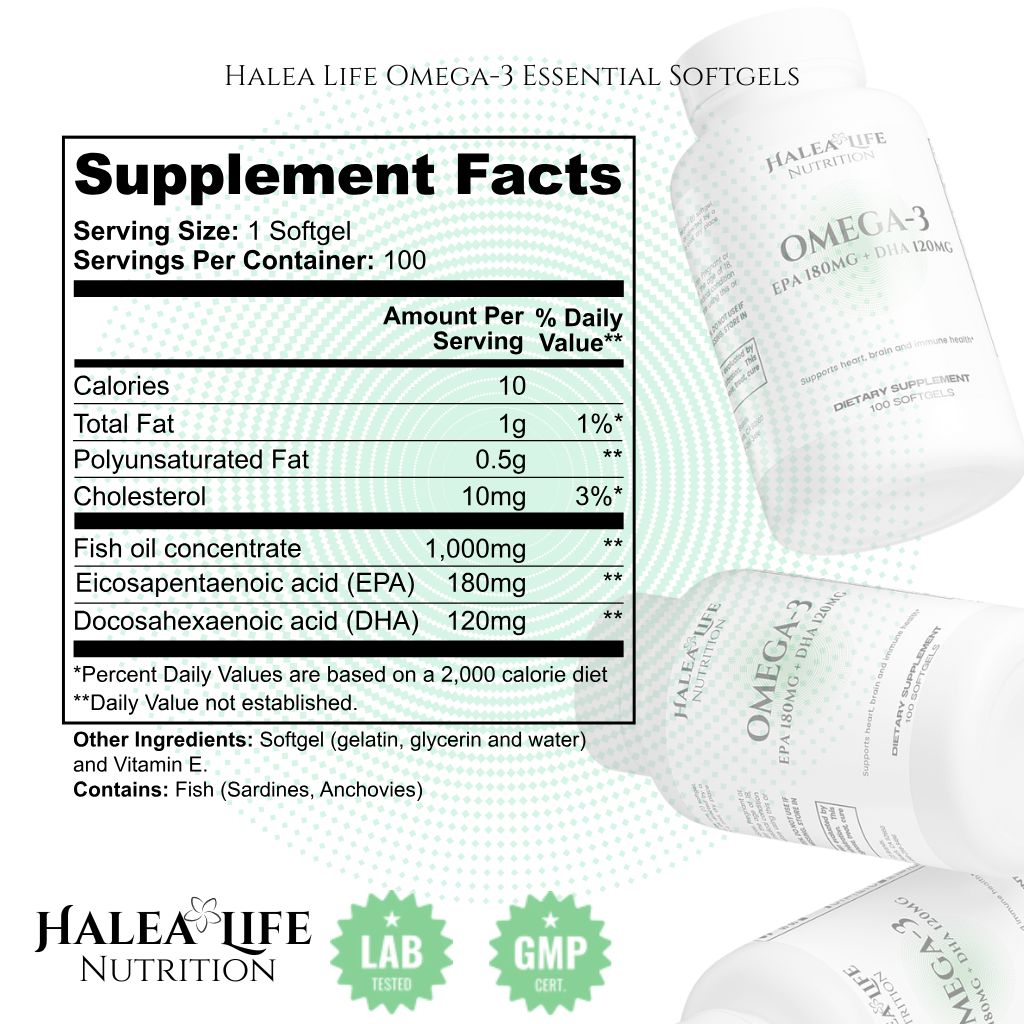In the world of nutritional supplements, few combinations provide as robust benefits as turmeric and fish oil. Each renowned individually for their potent health advantages, when taken together, they offer synergistic effects that significantly enhance wellness.
Turmeric: A Powerful Anti-inflammatory
Turmeric, primarily due to its active compound curcumin, is highly celebrated for its anti-inflammatory and antioxidant properties. Curcumin reduces inflammation by inhibiting inflammatory pathways, which can mitigate conditions such as arthritis, metabolic syndrome, and chronic pain (Aggarwal et al., 2009).
Fish Oil: Rich in Omega-3 Fatty Acids
Fish oil, derived from fatty fish like salmon, mackerel, and sardines, is packed with omega-3 fatty acids, particularly EPA and DHA. These fatty acids are essential in managing inflammation, supporting heart health, improving cognitive function, and maintaining joint health (Swanson et al., 2012).
How to Take Turmeric and Fish Oil Together
To optimize benefits, consider taking turmeric supplements that include black pepper extract (piperine) for increased curcumin absorption. Pairing this with high-quality fish oil supplements rich in EPA and DHA daily can yield optimal results.
Final Thoughts
Combining turmeric and fish oil is a powerful nutritional strategy for managing inflammation, enhancing heart health, supporting cognitive function, and improving overall wellness. As always, consult with a healthcare professional before starting any new supplement regimen to ensure it aligns with your individual health needs.
